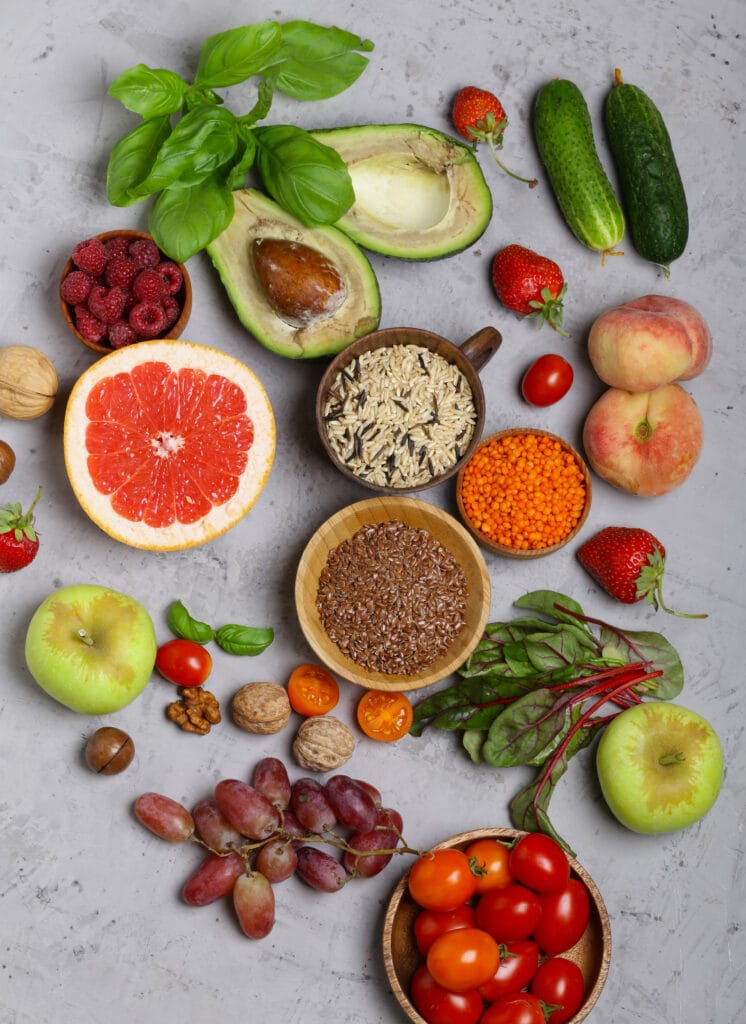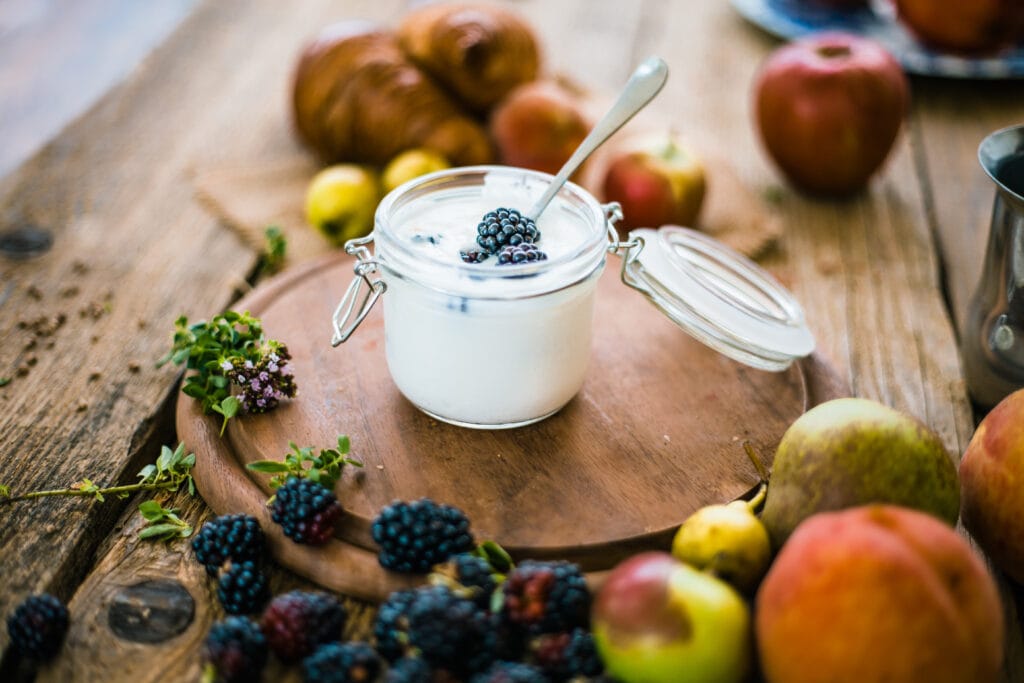
Low Calorie Foods For Weight Loss
If you’ve ever tried to lose weight, you know how frustrating it can be! You watch the numbers on the scale, count every calorie, and maybe even give up some of your favourite foods. Yet, the results seem to come too slowly. But what is there was a way to make weight loss feel less restrictive and more enjoyable? Enter the world of low-calorie foods.
By focusing on foods with low caloric density, you can eat satisfying portions, feel full, and still see the scale move in the right direction. These foods are packed with nutrients, not empty calories, making them a powerhouse for supporting your weight loss goals.
In this blog, we will explore the most effective low-calorie foods for weight loss, offering delicious options and strategies to incorporate them into your diet.
What is Calorie Density?

Think of calorie density as the number of calories packed into a given amount of food. It’s like comparing a handful of fluffy popcorn to a handful of chocolate chips. Both might fit into your hand, but the chocolate chips will deliver a much higher-calorie punch.
For successful weight loss, focusing on foods with low-calorie density is key. You can enjoy larger portions of these foods without consuming excess calories. The results? You’ll feel more satisfied and less likely to overeat.
Top Low-Calorie Food Categories
Let’s dive into the best low-calorie foods to stock your kitchen with:
Fruits
Berries (Strawberries, blueberries, raspberries), watermelon, apples, and grapefruit are your new best friends. They are packed with water and fibre, offering volume and sweetness without a calorie overload.
Vegetables
Leafy greens, broccoli, cauliflower, cucumbers and zucchini are rockstars in the low-calorie world. Their versatility is incredible – enjoy them raw, roasted, in salads, stir-fries, or even blended into smoothies.
Lean Proteins
Chicken breast, turkey, fish, eggs and legumes (lentils, beans, chickpeas) are essential for keeping you full and satisfied. Protein helps preserve muscle mass during weight loss and boosts your metabolism.
Whole Grains
Quinoa, oats, and brown rice provide long-lasting energy thanks to their fibre and complex carbohydrates. These keep blood sugar stable and cravings at bay.
Non-Fat/Low-Fat Dairy
Yoghurt (especially Greek yoghurt) and cottage cheese are excellent sources of protein and calcium, both crucial for weight management and overall health.
Smart Snacking
Snacking can be a major pitfall when trying to lose weight, but when done right, it can support your goals! Here’s how:
Low-Calorie Snack Ideas
A handful of almonds or other nuts
Air-popped popcorn
Vegetable sticks (carrots, celery, bell peppers) with hummus or low-fat dip
Hard-boiled egg
Plain Greek yoghurt with berries
Small apple with peanut butter
Frozen grapes
Mindful snacking is about controlling cravings and managing hunger between meals. Here’s why it’s important:
Prevents Overeating: Strategic snacking prevents you from reaching a point of extreme hunger, which can lead to poor food choices and overeating at your next meal.
Boosts Metabolism: Snacking can keep your metabolism humming along, supporting your weight loss efforts.
Increases Satisfaction: Enjoying a healthy snack makes you feel less deprived and helps you stick to your overall healthy eating plan.
Tip: Listen to your body’s hunger cues. Snack when you’re truly hungry, not just out of boredom or habit.


Beyond Just Calories
While low-calorie foods are essential for weight loss, it’s important to remember that sustainable success requires a holistic approach. Here are some extra tips to keep in mind:
Importance of Balanced Meals: Aim to include a mix of low-calorie foods, lean protein, healthy fats, and whole grains in your meals. This balance ensures you’re getting all the nutrients your body needs to thrive.
Don’t Forget Healthy Fats: Fasts from sources like avocados, nuts, seeds, and olive oil are essential for health. They provide satiety, promote healthy skin, and air, and help your body absorb certain vitamins.
Stay Hydrated: Water is crucial for weight loss and overall well-being. It helps regulate appetite, supports digestion, and can boost your energy levels. Aim for at least 8 glasses a day.
Avoid Overly Restrictive Diets: Diets that cut our entire food groups or drastically restrict calories are rarely sustainable. Focus on creating healthy habits you can maintain long term.
Your Weight Loss Journey Starts Here
By incorporating low-calorie foods into your diet, you unlock a powerful tool for weight loss success. These foods allow you to enjoy satisfying meals and snacks, reduce calorie intake naturally, and boost your overall nutrient intake.
Remember the most effective approach to weight loss prioritises whole, unprocessed foods most of the time. Focus on building sustainable habits that you can maintain for life.
If you feel you need additional support on your weight loss journey, the team at My Weight Loss Clinic is here to help. We provide personalised medical weight loss solutions tailored to your individual needs and goals.





